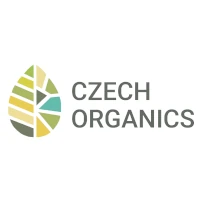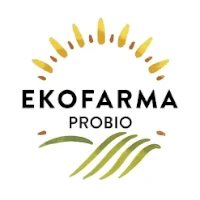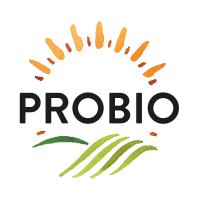Living lab PROBIO
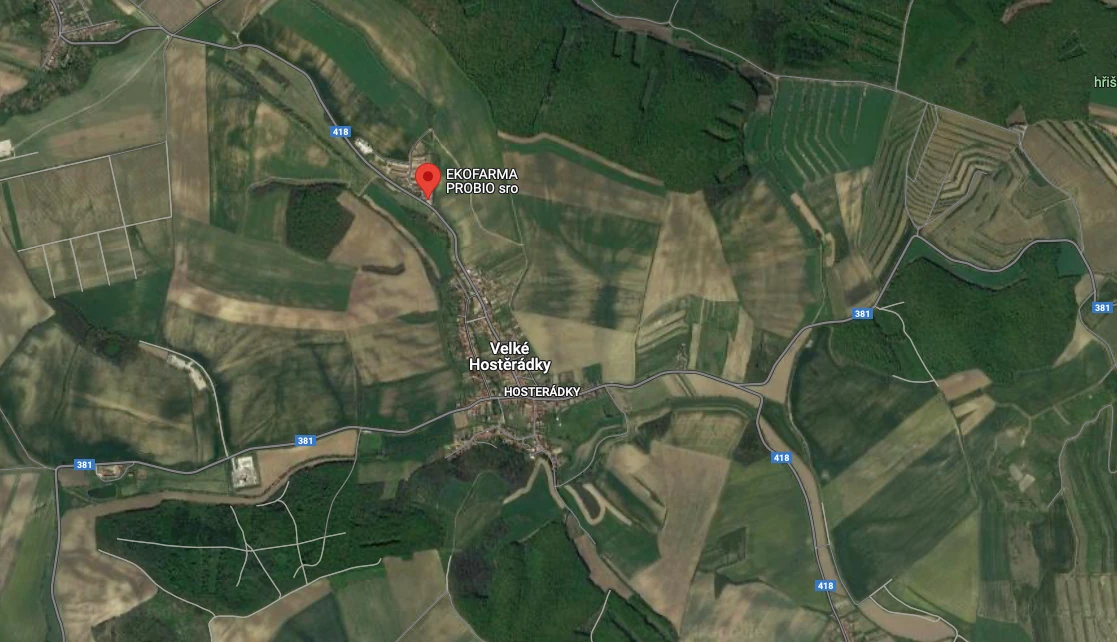
Living lab PROBIO
The Living Lab PROBIO leverages over 15 years of organic farming experience to develop, test, and implement sustainable agricultural practices that can serve as a model for other regions facing similar challenges. By addressing these critical environmental issues, the Living Lab aims to secure the long-term viability of farming in the region while enhancing ecosystem health and resilience.
About us
The Living Lab concept brings together a diverse consortium of partners, including local farmers, research institutions, policymakers, and industry stakeholders. These partners collaborate to co-create and test innovative solutions in real-world settings, ensuring that the outcomes are practical, scalable, and impactful. By integrating scientific research with traditional farming knowledge, the Living Lab PROBIO aims to enhance the resilience of agricultural systems, promote biodiversity, and secure food production against the backdrop of climate change.
Partners

Partners & Expertise
Czech Organics, s.r.o: Coordinator, responsible for overall project coordination, ensuring expertise, and delivering results. Involved in scientific and community user engagements
Ekofarma PROBIO, s.r.o: Showcase developed scenarios and products on its fields, contributing knowledge in organic farming practices. Engages in applied research and demonstration activities
PRO-BIO, obchodní společnost s r.o.: Organic food processor and distributor. Provides certified organic seeds and cooperates in various research projects. Engages in seed multiplication and organic commodity supply.
Objectives
Investigate and Model Diverse Agricultural Scenarios:
Conduct comprehensive investigations of 5 distinct agricultural products.
Develop scenarios to optimize sustainability, enhance climate resilience, and promote biodiversity.
Evaluate Climate-Related Challenges:
Analyze and test developed scenarios against various climate-related challenges.
Effective management of water and land resources to mitigate impacts of climate shocks.
Develop Contingency Plans and Inform Policy Recommendations:
Formulate robust contingency plans to ensure uninterrupted food supply and security.
Provide evidence-based input to policy recommendations to support sustainable and resilient agricultural practices.
Enhance Knowledge Transfer and Capacity Building:
Workshops, field days, and demonstration events to disseminate knowledge and best practices.
Build the capacity of local stakeholders, including farmers and agricultural advisors.
Foster Stakeholder Engagement and Collaboration:
Engage local communities, farmers, researchers, policymakers, and industry stakeholders in co-creating and testing solutions for organic pig production, red clover, spelt, alfalfa, and buckwheat.
Promote collaborative efforts to enhance the adoption and scalability of sustainable practices.
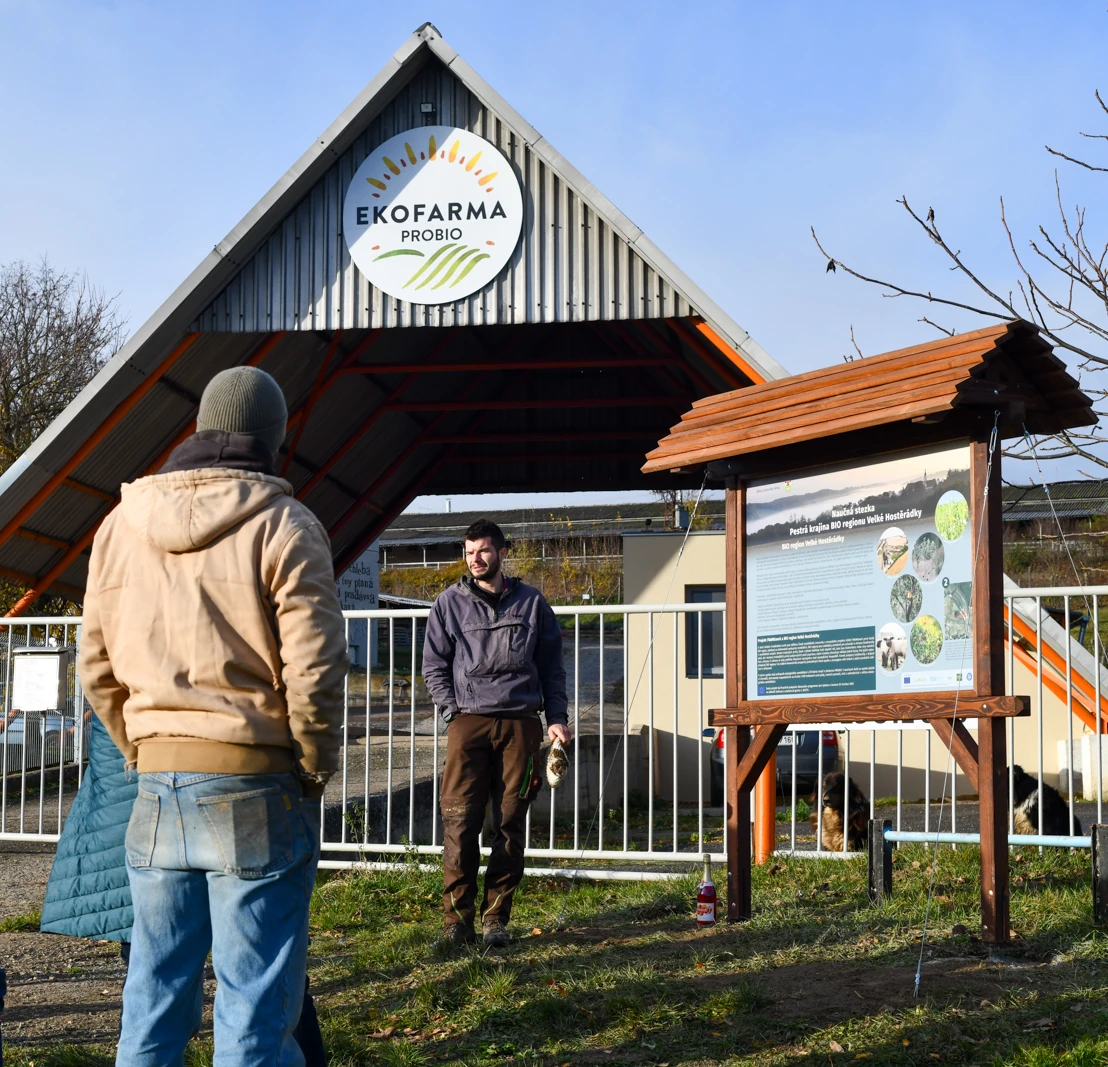
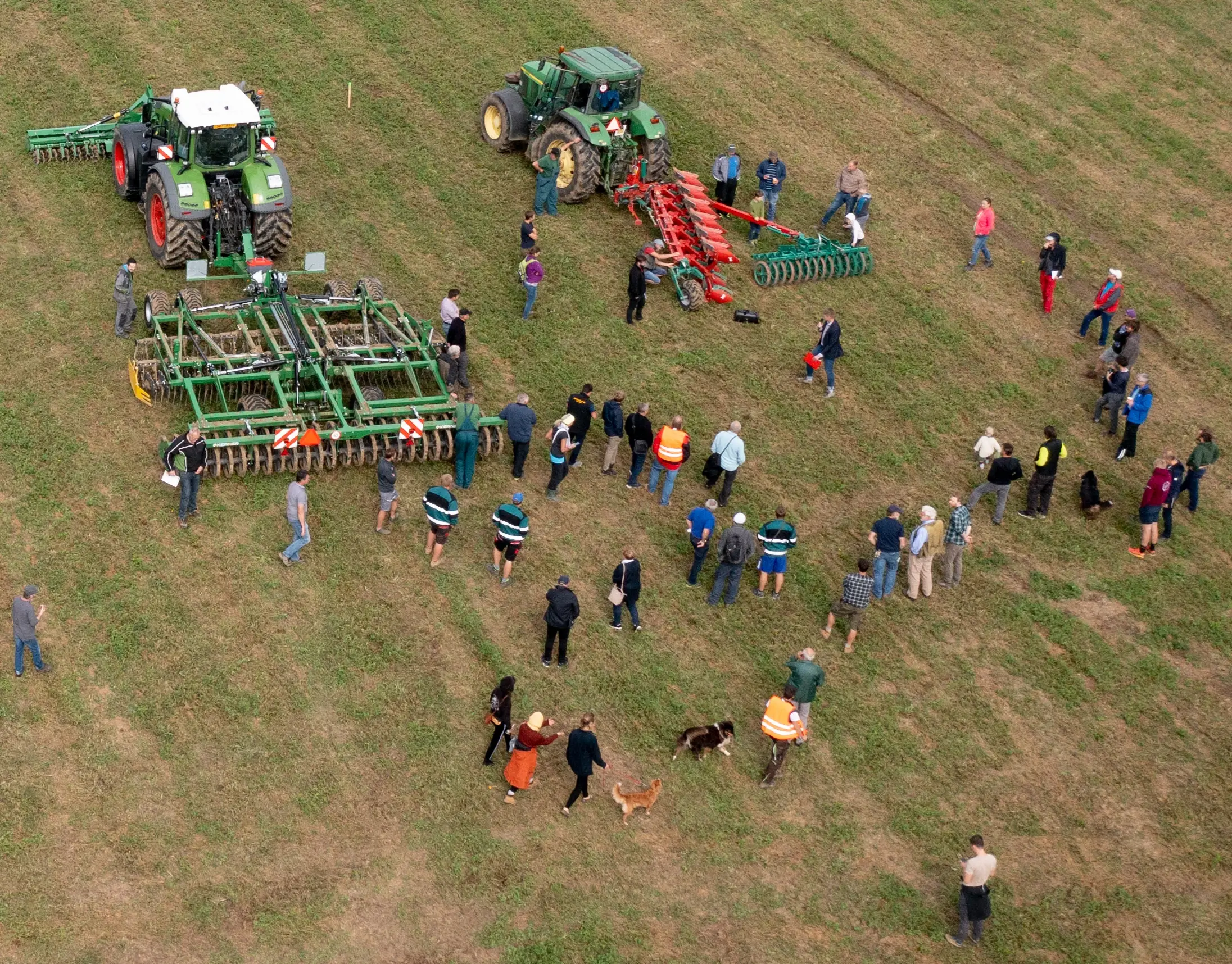
Project contribution
Demonstration of Sustainable Practices: Showcase best practices and model scenarios for organic pig production, red clover, spelt, sunflower, alfalfa, and buckwheat.
Climate Resilience and Biodiversity: Develop adaptation strategies and implement biodiversity-friendly practices.
Data Collection and Analysis: Collect comprehensive data on climate impacts, crop yields, soil health, and biodiversity.
Knowledge Transfer and Capacity Building: Organize workshops and training programs.
Policy Recommendations: Provide evidence-based recommendations and engage in advocacy to influence supportive policy frameworks.
Stakeholder Engagement: Foster collaboration and participatory approaches, creating a network of stakeholders.
Development of Contingency Plans: Create robust contingency plans for key products to ensure food production resilience.
